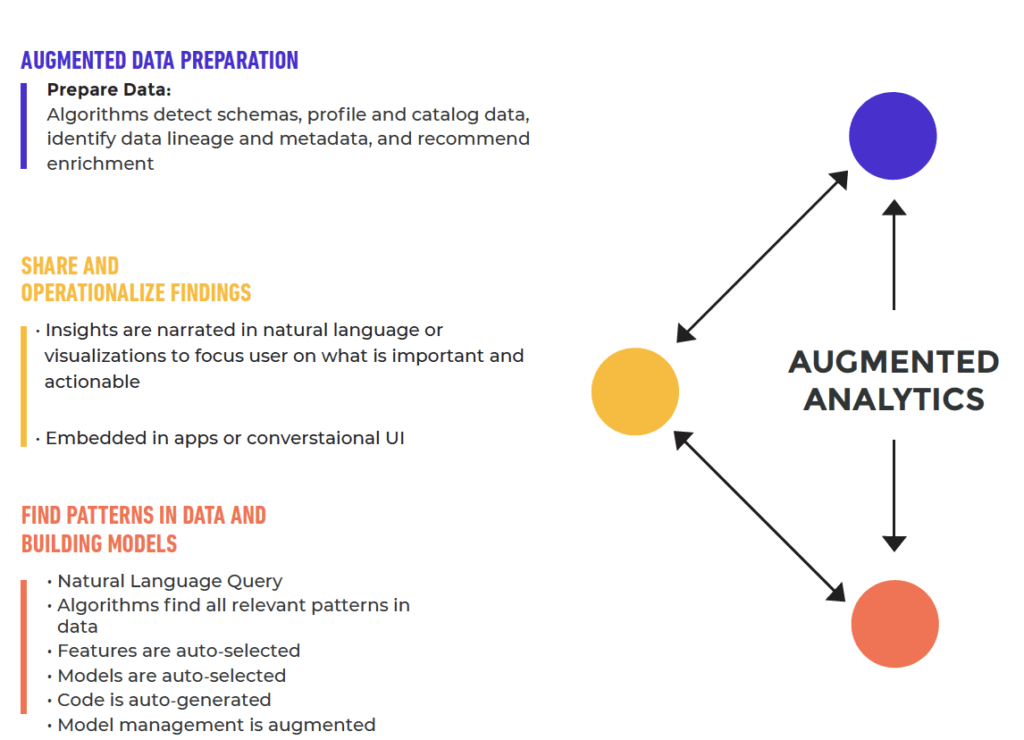Augmented Analytics: How AI is Revolutionizing Data Analysis
 Tellius Usa
Tellius Usa
The field of data analysis has undergone a significant transformation in recent years, thanks to the emergence of augmented analytics. Augmented analytics leverages artificial intelligence and machine learning to enhance the capabilities of human analysts and improve the accuracy and efficiency of data-driven decision-making.
Augmented analytics tools can automate several time-consuming processes that are traditionally performed by analysts, such as data cleaning, data modeling, and data visualization. These tools can also help identify patterns and insights in large datasets that would be difficult or impossible for human analysts to uncover.
One of the key advantages of augmented analytics is that it allows organizations to democratize their data analysis capabilities. Previously, data analysis was primarily the domain of specialized analysts and data scientists. However, with Augmented Analytics, business users with little to no technical expertise can analyze and make sense of complex data sets. This democratization of data analysis can lead to more informed decision-making across an organization and foster a data-driven culture.
Another benefit of augmented analytics is that it can help overcome cognitive biases that may arise when human analysts analyze data. For example, human analysts may be influenced by their own preconceptions and biases when interpreting data. Augmented analytics tools, on the other hand, are not subject to these same biases and can provide an objective perspective on the data.
Despite these advantages, there are some potential drawbacks to augmented analytics. For example, some analysts may be skeptical of the insights generated by AI-driven tools and may be reluctant to trust them without a thorough understanding of how the tool arrived at its conclusions. Additionally, there may be concerns around the privacy and security of data when using AI-driven tools.
In conclusion, augmented analytics is a powerful tool for organizations looking to improve their data analysis capabilities. By automating time-consuming processes, democratizing data analysis, and helping to overcome cognitive biases, augmented analytics can lead to more informed decision-making and a data-driven culture. However, it is essential to balance the potential benefits with the potential risks and concerns around the use of AI-driven tools in data analysis.
Self-service analytics empowers users to generate insights and make data-driven decisions without relying on IT teams. Self Service Ananlytics reduces the time and cost involved in accessing and analyzing data, enhances productivity, and allows for faster and more accurate decision-making.
Subscribe to my newsletter
Read articles from Tellius Usa directly inside your inbox. Subscribe to the newsletter, and don't miss out.
Written by
